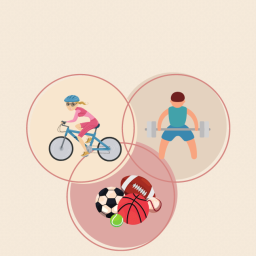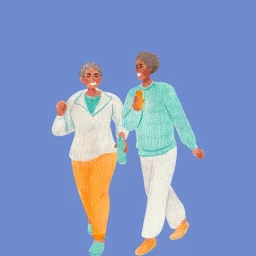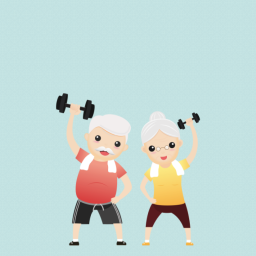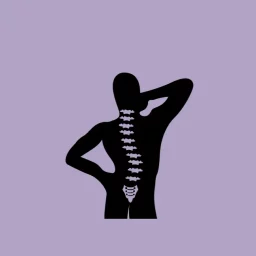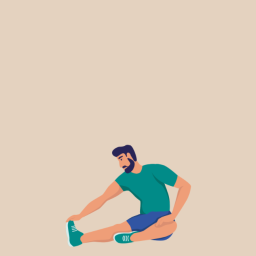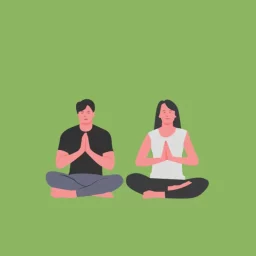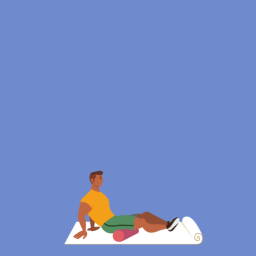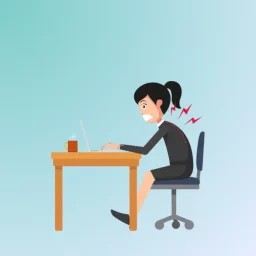The relationship between sound pollution and our health.
Sound pollution is an issue in our modern world and can significantly impact our health and well-being. It refers to the excessive and disruptive noise that surrounds us daily, stemming from various sources such as traffic, construction, industrial activities, and even social events. While we often focus on environmental pollution and its negative effects, sound pollution remains an underestimated concern. Its consequences can pose risks to our physical, mental, and emotional health.
Addressing sound pollution is important for maintaining and enhancing our overall well-being. By understanding the sources and effects of sound pollution, we can take proactive steps to protect ourselves and create healthier environments.
Understanding Sound Pollution
Sound pollution (aka noise pollution) refers to excessive and disruptive noise in everyday life. It arises from a multitude of sources, including traffic, construction activities, industrial machinery, and even loud music.
Prolonged exposure to high levels of noise can have adverse effects on our well-being including:
- Risk to our hearing, leading to hearing loss
- Damage to the auditory system
- Increased stress levels
- Sleep disturbances
- Reduced cognitive performance.
Physical Health Impact of Noise
One of the most prominent effects is the risk of hearing loss and damage to the auditory system. Prolonged exposure to loud noise can lead to irreversible hearing loss, affecting our ability to communicate and enjoy sounds such as music and conversations. Elevated noise levels can trigger a stress response in our bodies. A prolonged state of stress can contribute to muscle tension, headaches, and other health issues. Noise pollution can also disrupt sleep patterns, resulting in sleep disturbances. By being aware of sound pollution and our environment, we can take measures to protect ourselves from potential health risks.
Strategies to Reduce Noise Impact on Health
Mitigating the impact of sound pollution on our health requires proactive steps to create a more peaceful environment. Utilizing white noise machines or nature sounds can help mask unwanted noise and promote relaxation. Regular breaks from loud activities or using noise-cancelling headphones can also help reduce exposure. To protect our ears and hearing, using earplugs or earmuffs in noisy environments can be helpful as well. For example, wearing earplugs when at a music concert or the cinema when being next to speakers will help create a barrier for your ears. Try it and you will be surprised how well you will still be able to hear and enjoy the music. You may be able to spare yourself from having rigging in the ears after a loud exposure.
Explore the headphones safety option on your smart device (Apple or Android) if you are using the headphones multiple hours a day. Since hearing loss from sound pollution is irreversible, use the headphones safety option if you have young children who use smart devices with headphones for multiple hours a day. This will allow you to set a volume threshold maximum and help prevent long-term excessive noise exposure starting at a young age.
Incorporating Sound Pollution Awareness in Daily Life
Raising awareness about sound pollution allows us to make conscious choices to protect our well-being. Talk about it with your family, friends, and children to raise awareness. Engage in mindfulness and relaxation techniques, such as meditation and deep breathing exercises to help counteract the negative effects of noise on our mental and emotional health. Try seeking quieter alternatives as a family and exploring nature and quiet environments for relaxation. By integrating sound pollution awareness into our daily lives, we can prioritize peace and tranquillity, fostering a healthier and more harmonious existence.
Talk to your healthcare provider if you are experiencing excessive stress, muscle tension, or headaches or if you want to learn more about meditation and breathing exercises. Our team of Chiropractors, Physiotherapists, and Massage therapists are here to help you with all your musculoskeletal needs. Visit us online or call us today at the CURAVITA Byward Clinic at 613-860-8600 or the CURAVITA Glebe Clinic at 613-237-9000 to book an appointment with any of our healthcare providers.


